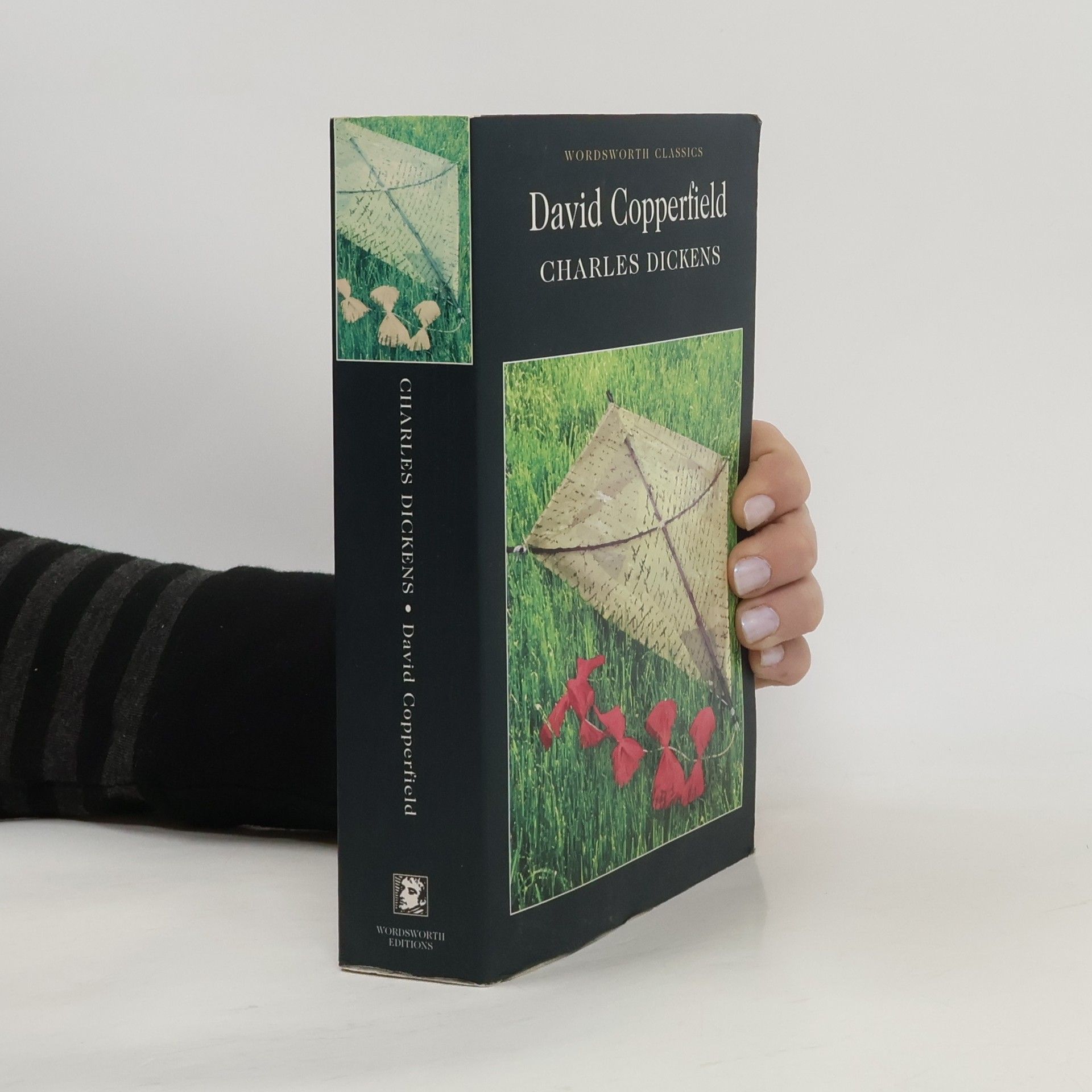The book presents a compelling argument that explores a specific thesis or perspective, delving into its implications and supporting evidence. It engages with various viewpoints, challenging conventional wisdom and encouraging readers to reconsider established beliefs. Through a blend of analysis and narrative, it invites readers to reflect on the broader themes and contexts surrounding the topic at hand, making it a thought-provoking read for those interested in deepening their understanding of the subject.
Jeremy Tambling Book order (chronological)
February 18, 1948


David Copperfield
- 768 pages
- 27 hours of reading
For David Copperfield, orphaned and with a cruel stepfather, the future looks bleak. But a new start beckons with the magnificent Mr Micawber, then with his eccentric aunt, Betsey Trotwood.